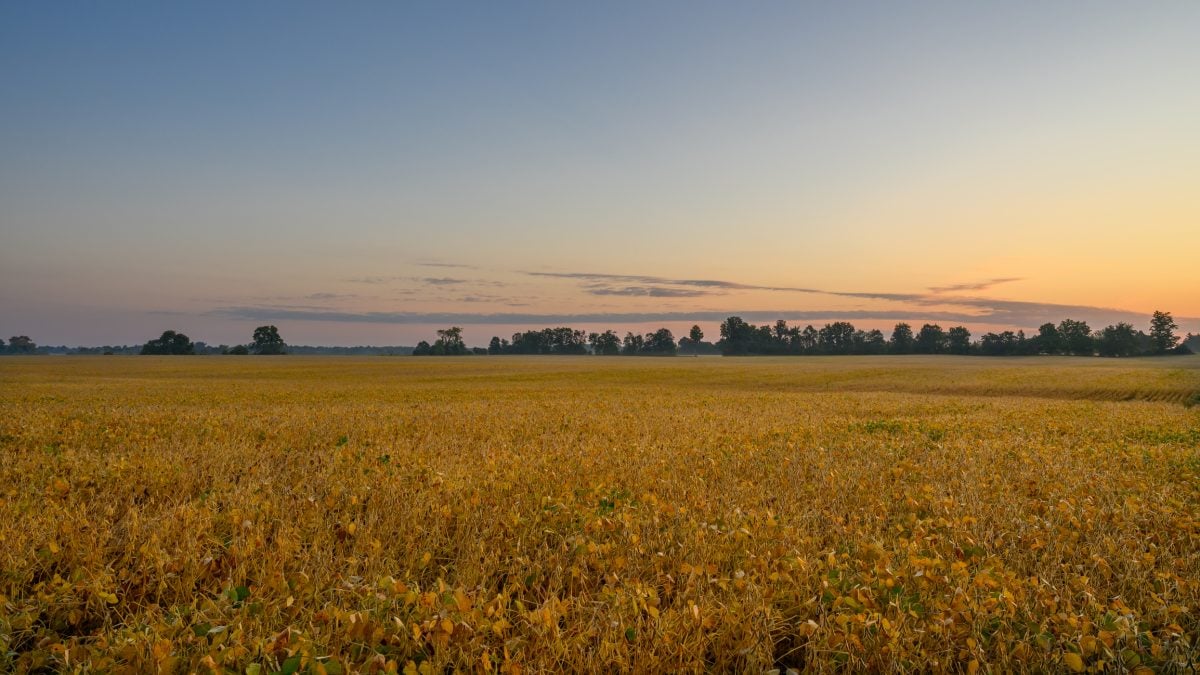A natural gas pipeline explosion south of Winnipeg on the weekend disrupted service to Fred Fast’s hog barns, but he and his staff rigged up portable heaters and diesel generators to keep weanlings warm and prevent waterlines from freezing.
Fast, who manages and is a partner in a couple of hog operations near Marchand, Man., said yesterday was a chaotic day of scrambling and troubleshooting.
Thanks to the help of electricians and dedicated staff, the animals are doing fine.
“All our heat is natural gas in the barns,” he said.
Read Also

China holds off on soybean purchases due to high Brazil premiums, traders say
China has yet to secure much of its soybean supply for December and January as high premiums for Brazilian cargoes discourage buyers.
“We’re very fortunate. We have good tradesmen and suppliers, and my barn managers are just the best.”
A TransCanada natural gas pipeline exploded near Otterburne, Man., early Saturday morning, cutting off gas to thousands of households in southeastern Manitoba while temperatures dropped to -30 C.
The shutdown affected dozens of hog, chicken and dairy barns in a region of Manitoba with a high concentration of livestock operations.
Fast said 200 or more barns were likely affected.
“I think easily. There were so many chicken farms that are still (without natural gas,” he said.
“Lots of people I work with, their hog barns are all out. I think easily that number.”
Manitoba Turkey Producers spokesperson Bill Uruski said approximately five turkey barns are located in the area without natural gas.
Several of those producers rely on propane, but others had to install electric heaters to keep poults warm.
“All in all, they’ve weathered it fairly well,” he said.
Lorne Loeppky, a grain and hog producer near Niverville, Man., also lost service following the explosion. He said waterlines are a major concern.
“We’ve plugged in heaters where he can to keep the water from freezing in certain rooms,” he said.
“I guess we’re getting by.”
Fast said they are heating utility rooms to keep water pipes from freezing and taking steps to keep weanlings comfortable.
“The bigger pigs generate enough heat…. In the finisher barns, we did nothing,” he said.
“(But) we’ve got weanlings that are on heat pads that are fed by hot water, which we didn’t have anymore.”
Fast said they hooked up portable heaters for the young animals, and one of his barn managers stayed overnight Jan 26 to care for a group of weanlings
Fast expected natural gas service to resume late today or possibly tomorrow in his area.















